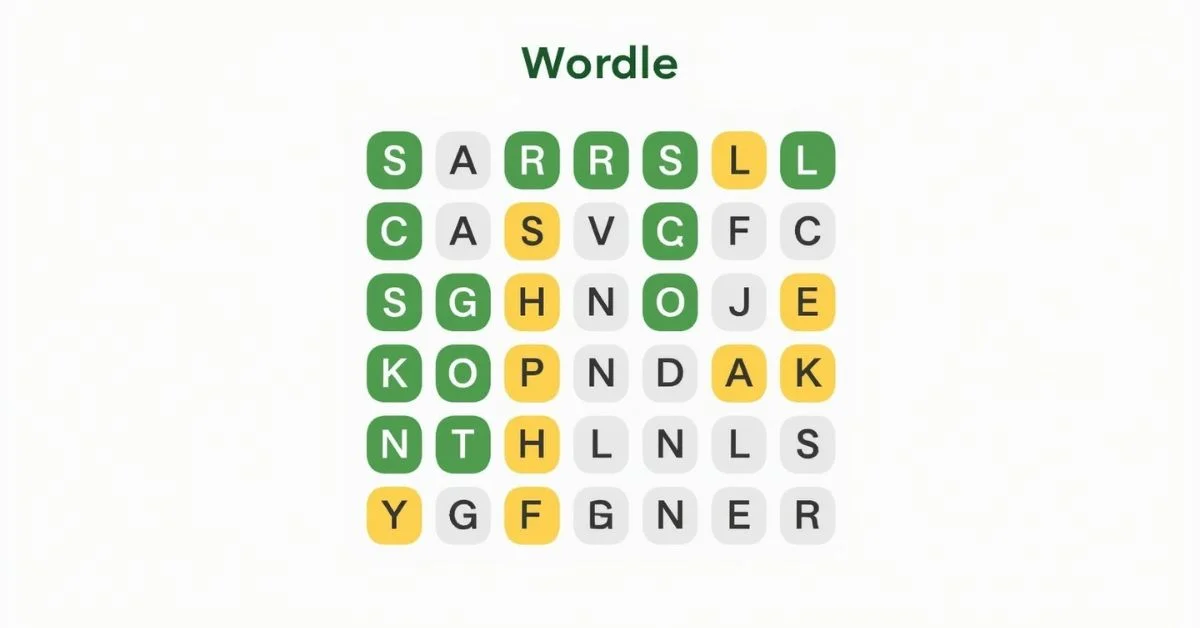OpenAI’s latest flagship AI model, ChatGPT-5, is being praised for its creative and conversational improvements but a new evaluation has revealed weaknesses in two surprisingly basic areas: spelling and geography.
The report, highlighted by The Guardian Australia, shows that while ChatGPT-5 can handle complex reasoning, summarization, and creative writing, it still makes avoidable mistakes with certain words and location-based facts.
The testing involved asking ChatGPT-5 direct factual questions, as well as giving it prompts that required correct spelling of common terms. The results were mixed:
- The model occasionally misidentified country capitals.
- Some place names were misspelled or confused with similar-sounding locations.
- In certain cases, even straightforward vocabulary was spelled incorrectly.
These lapses stand out because earlier AI versions, though less capable overall, sometimes maintained stronger accuracy in these specific domains.
AI systems like ChatGPT are increasingly used in education, journalism and research fields where accuracy is crucial. While small mistakes might seem harmless, they can undermine trust in the technology.
Experts point to two possible causes:
- Training Data Focus: Emphasis on creative, conversational output may reduce attention to strict factual recall.
- Model Architecture: Larger, more complex models sometimes prioritize pattern generation over word-by-word precision.
OpenAI’s ChatGPT-5, launched with high expectations, is now facing scrutiny after reports highlighted its occasional spelling mistakes and geographical inaccuracies. While the model excels in natural conversation, some users have noticed it occasionally misplaces countries or misspells words raising questions about AI’s reliability in professional and academic use.
OpenAI’s Response to Feedback:
OpenAI has acknowledged the concerns and hinted at ongoing model improvements. The company claims it is refining data processing and expanding knowledge accuracy to reduce such mistakes. Regular updates are expected to enhance both spelling precision and factual reliability in future versions.



